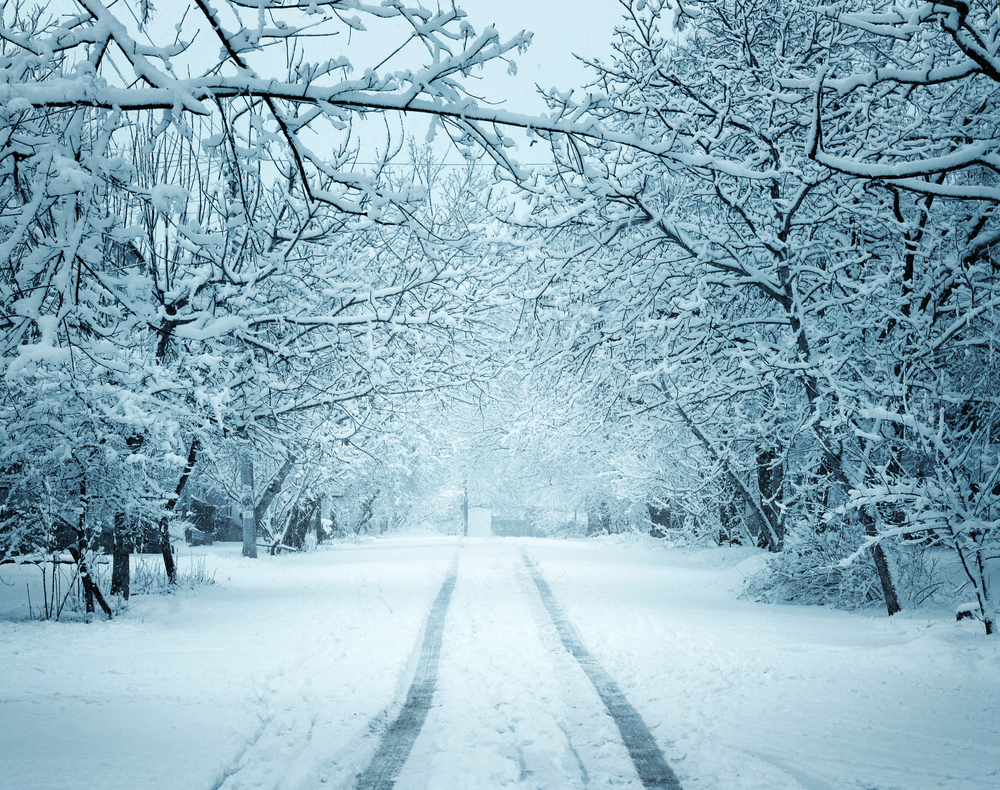The Snow is Here. So Why Not Taste It?
Finally, the snow has arrived. Why should we resist the temptation to taste it? Dr. Erez Garity, an immunology expert from the Davidson Institute, explains.

By the time snow finally reaches us, few can resist the temptation to grab a handful and taste it. So, why shouldn't we? That's a good question. According to Dr. Erez Garity, an immunology expert from the Davidson Institute of Science Education, we must first understand how snow is formed. It all begins with a droplet forming on a dust particle. "This water droplet can also develop on certain bacteria, which contain special proteins allowing them to capture the droplet and serve as an initial nucleus for the snowflake," explains Dr. Garity. "Therefore, snow essentially acts as a bacterial dispersal mechanism over long distances."
 Photo: Shutterstock
Photo: ShutterstockDr. Garity further explains that even the structure of a snowflake tends to absorb and accumulate pollutants like soot and dust. So despite the feeling that snow 'purifies' the world, the bacteria and pollutant particles head directly into the mouth of the unsuspecting person. "The more it snows, the less atmospheric pollution there is, but everyone already knows where this pollution ends up."
So why doesn't anything happen when we take the risk and taste the snow? This is because it is at a level below the 'toxic' and dangerous threshold. You can't die from it, but the mere thought of ingesting these tiny pollution particles is staggering in itself.

